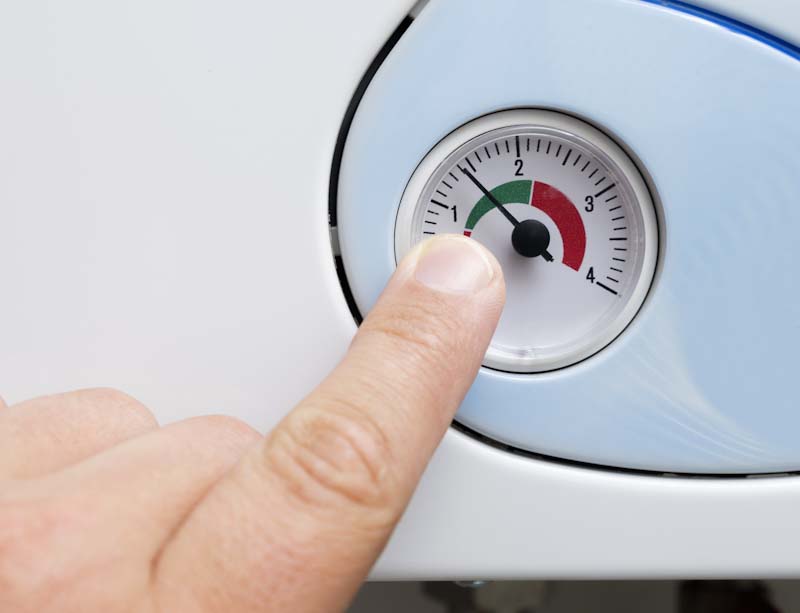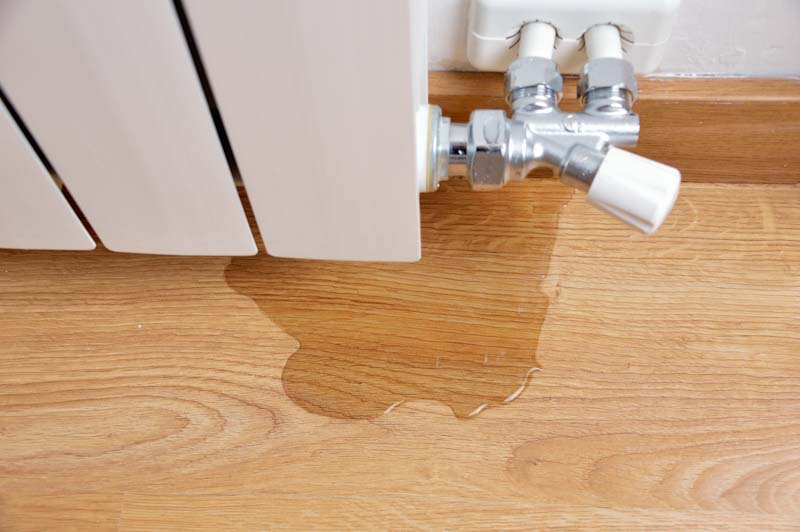Is your boiler losing pressure? You are not alone!
MS Cookers and Boilers most common cause of call outs is constant low pressure in boilers.
In this blog we are going to talk you through some of the possible causes behind a boiler losing pressure.
What is a sealed system?

A sealed system is different from a vented heating system. Sealed is where the central heating system is topped up via a header tank in the loft. A sealed system is one that requires filling up from the mains by the use of a filling loop or link. A cold system should be set to anywhere between 1-1.5 bar of pressure. It may be best to check the manufacturer’s instructions before attempting this yourselves. All combi boilers and system boilers are sealed systems.
Once pressurised (been filled to 1-1.5 bar), if any water or air escapes from the heating system this will cause the pressure to drop. Some boilers have a low pressure switch, that will then cause the boiler to lock-out. Sometimes your boiler will show a fault code if the pressure drops below 0.5bar. If this happens you can be left with no heating or hot water.
Why is my Boiler Losing Pressure?
If your boiler is losing pressure, chances are it is one of the following issues
There is a leak somewhere on your heating system

There is an issue with the Expansion vessel (flat or ruptured)
The PRV (pressure relief valve) is passing
There is a leak in the main heat exchanger of the boiler
Is there a Leak on my heating system?
To determine if you have a leak in your heating system you will need to go around the system and inspect all the pipework and valves. Focusing your attention to the radiator valves and the valves underneath the boiler. My advice would be to try this with the heating off at first. Just run your dry finger round the nut of each joint. Even the slightest leak can be the issue here. Any trace of water found in this way could be the issue. Once you have inspected the system in its cold state, I would then recommend running the heating. And then trying again. Be careful at this point as the pipes get hot!
Once the leak has been identified then you can get it fixed. You can either do it yourself or call in the professionals. Just remember, if you are doing it yourself and have drained the system add some inhibitor before refilling the system.
Is my expansion vessel at fault?
As water is heated up it expands, and the same is true for the water in your heating system. The expanded water needs somewhere to go. This is where your expansion vessel comes in. An expansion vessel is a large metal chamber, connected directly to the heating system with a rubber balloon full of air in the middle. The balloon in the middle is pre-charged to around 1 bar of pressure. Over time the balloon in the middle will lose its charge. If the balloon has lost it’s charge you will find yourself having to top up the pressure more frequently.
When the expansion vessel loses charge the expanding water has nowhere to go, causing the pressure gauge to rise. Once the pressure in the system reaches 3.5 bar, the PRV safety valve ( pressure relief valve) will discharge until the boiler is at a safe level again. Usually, if this has happened, the boiler will be at zero pressure and the boiler will not work due to the low pressure cut off. If you suspect this is happening, check the PRV pipe from the broiler and follow it to where it terminates outside (usually straight out the wall under the boiler and then angled back towards the wall). If you ever notice water coming out of this pipe, even if it’s just a drip. This indicates you have a problem and will require a Gas Safe engineer to investigate.
What is a PRV?
As talked about above the PRV (Pressure Relief Valve) is a safety device inside the boiler. It is there to relieve the pressure on the system should a fault occur. Once it has been activated it may not go back on to its seating properly to create a watertight seal. This is quite common in systems that contain a lot of sludge/debris. They can block the valve from its seating causing water to pass through it and out of the boiler through the PRV pipe.
Is there a problem with my Heat Exchanger?
If the heating system is still losing pressure and all the above checks have been carried out. Then the boiler itself will need investigating. If it is a condensing boiler, it could be a problem with the heat exchanger, in which it has ruptured internally. In this case you don’t notice any leaks as the water is being disposed of by the condensate pipe. If this is the case you should call a Gas Safe registered engineer as it will involve an internal investigation of the boiler.
The way to prove or disprove this is to isolate the boiler from the electric. Then pressurise your boiler to 2 bars, before isolating the service valves underneath. With the boiler isolated from the rest of the heating system and switched off, you can remove the condensate pipe and run into a bucket. If the condensate pipe is dripping and the pressure is dropping then you have found the fault.
This should not be attempted by the homeowner. Only use Gas Safe registered engineers. The main heat exchanger is a very costly repair. Most of the time a replacement boiler will be far more cost-effective.
These are the reasons why your boiler is losing its pressure.
If you would like more information about anything in this article, or are looking at the option of replacing your boiler, click here.
MS Cookers and Boilers Limited can now offer flexible payment options to help spread the cost of new boiler installation,
